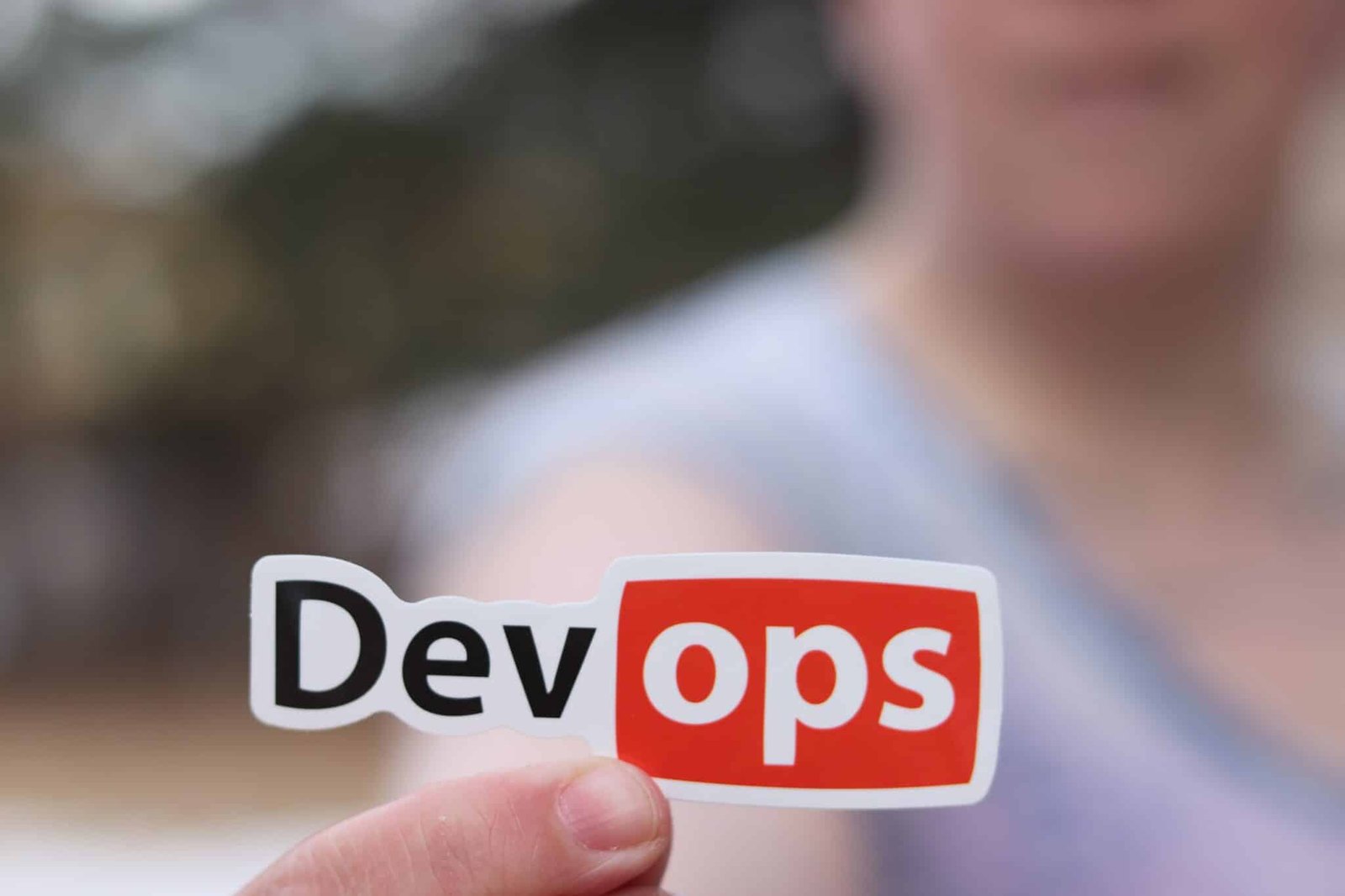Automation has been a cornerstone of DevOps, and it will continue to play a significant role in the future. As organizations strive to deliver software faster and more efficiently, automation will be further enhanced with the help of artificial intelligence (AI) and machine learning (ML). AI and ML technologies will enable intelligent automation, where systems can learn from data, make decisions, and perform complex tasks without human intervention. This will free up human resources to focus on more strategic and creative aspects of software development.
Adoption of AI in DevOps
AI will not only enhance automation but will also have a direct impact on various aspects of DevOps. For example, AI-powered analytics will enable organizations to gain deeper insights into their development and operations processes. Machine learning algorithms will analyze vast amounts of data, identify patterns, and provide actionable recommendations for process optimization, resource allocation, and risk mitigation. AI will also play a crucial role in areas such as anomaly detection, predictive maintenance, and intelligent incident management.
Shift towards Data-driven Decision Making
In the future, DevOps will increasingly rely on data-driven decision making. Organizations will collect and analyze large volumes of data from various sources, including development tools, monitoring systems, and customer feedback. This data will provide valuable insights into the performance, quality, and user experience of software applications. DevOps teams will leverage this data to make informed decisions, identify bottlenecks, prioritize improvements, and optimize the entire software delivery lifecycle.
Enhanced Security and Compliance
With the growing complexity of software systems and the increasing number of cybersecurity threats, security and compliance will remain critical concerns in DevOps. The future of DevOps will see a greater emphasis on integrating security practices throughout the software delivery pipeline. Security testing and vulnerability scanning will be automated and integrated seamlessly into the development process. AI-powered threat intelligence and advanced analytics will help detect and respond to security incidents more effectively.
Continued Collaboration and Integration
Collaboration and integration between different teams will remain a core principle of DevOps in the future. However, the scope of collaboration will expand beyond development and operations teams. DevOps will involve closer collaboration with other stakeholders, such as cybersecurity teams, data scientists, and business analysts. This collaborative approach will foster innovation, drive continuous improvement, and ensure that software aligns with business objectives.
DevOps in the Cloud and Hybrid Environments
As organizations increasingly adopt cloud computing and hybrid environments, DevOps practices will evolve to address the unique challenges and opportunities they present. DevOps will be tightly integrated with cloud services and platforms, enabling seamless deployment, scalability, and resource optimization. Automation will play a crucial role in managing complex cloud infrastructures, ensuring efficient utilization of resources, and enabling rapid provisioning and deployment.
Continuous Learning and Skill Development
In the future, continuous learning and skill development will be essential for DevOps professionals. As new technologies and tools emerge, DevOps teams will need to adapt and acquire new skills to stay ahead. Automation, AI, cloud technologies, and security practices will be some of the key areas where professionals will need to upskill and reskill. Organizations will invest in training programs and provide opportunities for continuous learning to keep their DevOps teams equipped with the latest knowledge and expertise.
The future of DevOps holds great promise and will continue to transform the way software is developed and delivered. Automation, AI, data-driven decision making, enhanced security, collaboration, and cloud-native practices will shape the DevOps landscape. As organizations strive for faster, more reliable, and secure software delivery, embracing these trends and staying adaptable to future advancements will be crucial. By embracing the future of DevOps, organizations can drive innovation, enhance productivity, and deliver high-quality software that meets the evolving needs of users and businesses.









